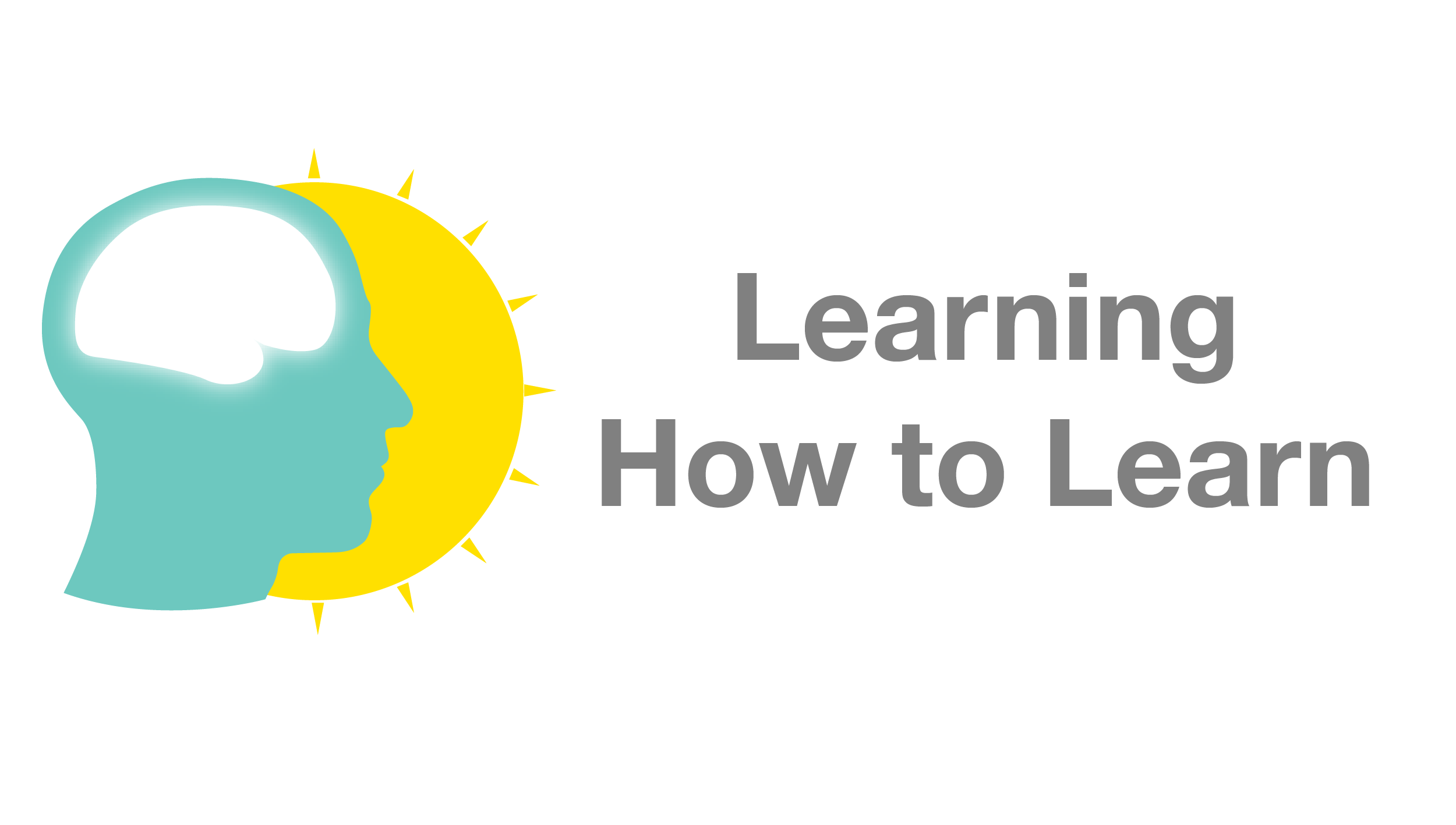In a previous post, I raved about the Coursera 'Learning to Learn' MOOC I took, and also set out my intention to create a start-of-year unit for my students that would address their readiness to learn, while helping them understand how to work with their brains to maximise learning success.
I'm not sure why it took me so long to settle on a way in, but I finally decided to engage the students with zombies. After all, my son regularly wanders around monotonously repeating the word 'brains' with one trouser-leg rolled up, and the students often talk of their zombie fascination, so why not?
To that end, I am still determined to maintain the integrity of my subject - English - so I've decided to make it a unit on reading, and the final assessment will be a research task.
I got so excited about the idea that I pulled together my tried-and-tested 'learner training' materials to start transforming them for the unit, and I'm pleased to say I'm well on my way. Already, I've created materials for reading, writing, and speaking, and I have been digging up articles on mindset, organisation, memory and inspirational learners so I am sure I will have plenty to draw upon.
Watch this space for updates, or check out my shop for previews and promotions.
Tuesday, 17 May 2016
Saturday, 14 May 2016
What to do with task cards?
One of the main reasons I have so many sets of task cards is that it allows me to differentiate and give students choice. No longer do I have to stand at the front and teach a concept that some already know, or drag students through the one task on offer. With task cards, I can introduce variety and engagement. My students regularly ask if we can use them more frequently than we do, so that's proof enough for me that they're worthwhile.
Task cards are also great for students who finish an activity before others. They can simply be assigned one or more cards and can work quietly and individually, hopefully on something they have chosen.
As for longevity, I am not a fan of laminating, but I do print them on thick card so I can re-use them year on year and with various classes. I keep the sets in marked shoeboxes so they are easy to identify when I need them in a hurry.
The most common ways I use task cards are below.
Set up stations in the classroom. For example, in a class of 32 students, I might have 16-20 different stations, depending on the number of individual tables available. I always like to have more rather than less so that students can move on without having to wait for everyone to finish. The best method I've found is to assign no more than 2 students at each station to begin. If possible, they sit opposite each other rather than together to minimise distractions, unless the task is actually a collaborative task.
Task cards are also great for students who finish an activity before others. They can simply be assigned one or more cards and can work quietly and individually, hopefully on something they have chosen.
For starters and plenaries, task cards can be used for the whole class or again individually. I like to use my writing prompt cards for students to demonstrate a particular skill we may have explored, such as subordinate clauses or semi-colons. By providing a choice of 3-5 prompts, students can do a 'quick write' in about 10 minutes to demonstrate mastery of the chosen technique: great for formative assessment.
So, that's just a few of the ways I use task cards, but there are many more I'll talk about in future posts.
Friday, 6 May 2016
Memory and Learning
I recently completed Coursera's offering Learning To Learn. Apparently, it's the most popular MOOC ever and, although I've taken many a course in metacognition and learning, I can totally agree that it was the most useful PD and personal learning experience I've had in a long time.
Barbra Oakley, the main lecturer, fills the course with anecdotes and interesting neuro-research, while offering practical insights to how you really can learn better.
In watching one of the videos which introduced the Pomodoro technique, I sat down at my laptop and finished a book I'd been procrastinating on for over 2 years - it took me all of an hour-and-a-half!
Some of the best take-aways I've had are:
Barbra Oakley, the main lecturer, fills the course with anecdotes and interesting neuro-research, while offering practical insights to how you really can learn better.
In watching one of the videos which introduced the Pomodoro technique, I sat down at my laptop and finished a book I'd been procrastinating on for over 2 years - it took me all of an hour-and-a-half!
Some of the best take-aways I've had are:
- The Pomodoro Technique
- Memory Palace
- The Role of Sleep in Learning
- Focused and Diffuse Modes of Learning
Now, I'm in the process of distilling the most practical and digestible nuggets of wisdom for my future Grade 6 classes, and I have recommended the course to anyone I can contact. A few have taken up the challenge and written to tell me how much they are getting from it - I urge you to take a look too.
(I followed up this course with another MOOC - Memory and Movies - which has complemented this learning. More on that soon.)
Subscribe to:
Comments (Atom)



